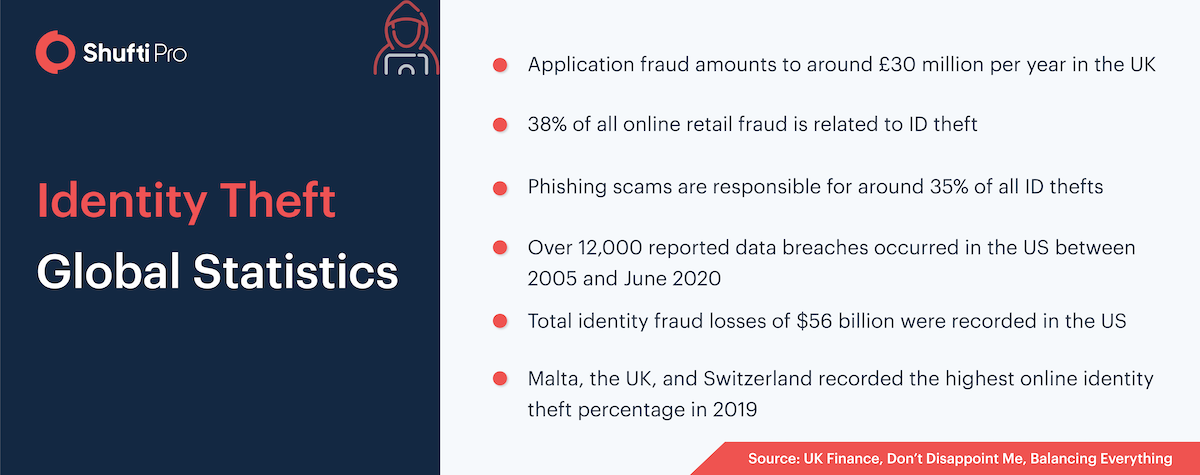Beyond the Blue Checkmark – Online Age Verification Solution to Secure Minors’ Identity

As minors are going online and utilizing digital services as well as smart gadgets more frequently, there has been a significant spike in risk for minors’ well-being and safety. There are heaps of evidence of child exploitation, but addressing these emerging risks is more complex, as these risks are highly sensitive, have varying causes and the long-term impacts are difficult to determine as several stakeholders are involved.
Whether businesses are selling alcohol or providing online games, age verification has become a legal requirement in countries that have made online services legal. Despite regulatory as well as companies’ efforts of making the digital ecosystem secure for youth, fraudsters, as well as the minors, have become more sophisticated to trick out online age verification systems to avail restricted services. Thus, businesses need to incorporate effective online age verification systems to secure minors’ rights and identity.
Online Age Verification Trialed for Drug Sales could be Extended to Gambling and Video Games
Despite efforts made by regulatory bodies, parents, and businesses, unauthorized access to age-exclusive products or services like drugs, alcohol, tobacco, adult sites, and online gaming continues to grow. According to the research, minors’ accounted for more than $17.5 billion of the alcoholic product sold in the US. However, digital age verification is crucial and a legal requirement for age-oriented online services. Yet the requirement varies depending on the type of the product or service being provided, along with the jurisdiction in which the company is operating.
However, online age verification for purchase is being under trial in Australia, new documents are revealed that are providing briefing, the federal government is all set to consider the same strategy for the online gambling industry as well as for age-oriented sites. The Morrison government has established an eSafety commissioner to develop a roadmap for the age verification systems by the end of this year, but the documents that are published under the freedom information set of standards are already being under practice. According to the reports, the trial was conducted with the online businesses operating in Australia, using third-party ID providers. The documents also state that the government has planned to use these trials to inform businesses of new online age verification laws and analyze the impact of such policies on revenue along with the customers’ response.
According to the talking points, the trial was to be conducted with online retailers in Australia, using external third-party ID providers. The documents reveal the government is planning to use the trials to inform online age verification policy and track the impact on revenue, as well as customer adoption and experience. The report also states that the trial is not restricted to adult sites or social media, but will expand to overcome frauds and minor exploitation in online games.

Global Minors’ Identity and Rights Protection Regulations
Legal strategies to protect online minor identities vary with respect to jurisdictions. But, all regulations are subject to protection guidelines and parental control. The foremost objective of legislating such standards is to make parents aware of the consequences of accessing inappropriate services and to get their consent in this regard. Previously, the alcohol and drug industry was heavily regulated, strict laws emerged and was made hard enough for minors to purchase such products from stores, but with digitization, the laws faded. Other than this, the newly emerged online gaming industry is also subject to age verification and millions and billions of minors are part of the digital ecosystem and are the easier targets of criminals. Thus, to protect children’s rights and identities, global regulatory bodies have legislated effective laws which are as below;
General Data Protection Regulation (GDPR)
The General Data Protection Regulation (GDPR) is developed by the European Union (UN) and applies to all the EU Member states citizens. This law provides the essential guidelines for gathering personally identifiable information of the customers including genetic, health, and biometric data. However, in accordance with GDPR’s Article 8, the age is set to “16” to avail of age-oriented online services or products.
Pan-European Games Information (PEGI)
Pan European Game Information is an EU-based video gaming content rating system developed to assist customers to make the right decisions before purchasing games based on the age recommendation provided by the gaming company. This system was created by the Interactive Software Federation of Europe (ISFE) and was enforced in April 2003. This replaced all the age rating systems with one EU-approved one. However, due to its success, PEGI is implemented in 41 jurisdictions. Its self-regulations consist of five age categories and nine content descriptors that advise that games are suitable for a certain age, depending on the content.
Australian Communications and Media Authority (ACMA)
In 2008, the Australian Communication and Media Authority (ACMA) published a set of guidelines and policies to restrict minors to access age-exclusive services or products under MA15+ and R18+ content rating standards. This regulation is imposed on any kind of media, either print or digital that are working in the country. However, the Broadcasting Service Act 1992 played a crucial role in legislating this law. In addition to this, the Restricted Access Systems Declaration of 2007, the businesses that are providing age-oriented services are obliged to take necessary measures to verify their clients’ age before getting them on board.
How Shufti Can Help
Despite regulatory standards and laws, online businesses that are providing age-oriented services and products need robust age verification systems that can comprehensively screen the customers based on KYC checks in order to restrict unauthorized access. Minors are considered the future of the world, so to secure them and protect them from falling prey to criminals online identity verification systems hold significance.
Shufti’s state-of-the-art identity verification services are an optimum solution that allows digital businesses to onboard legit customers by identifying their true identities. Our solution enables companies to determine the age of minors, before letting them avail age-oriented services. AI-powered identity verification services surely help businesses to stay put with the constantly evolving regulatory regime seamlessly.
Shufti also provides a 7-day free online age verification trial of our services, you can get hands-on experience of the services we offer. Want to know more about online age verification services?

 Explore Now
Explore Now













